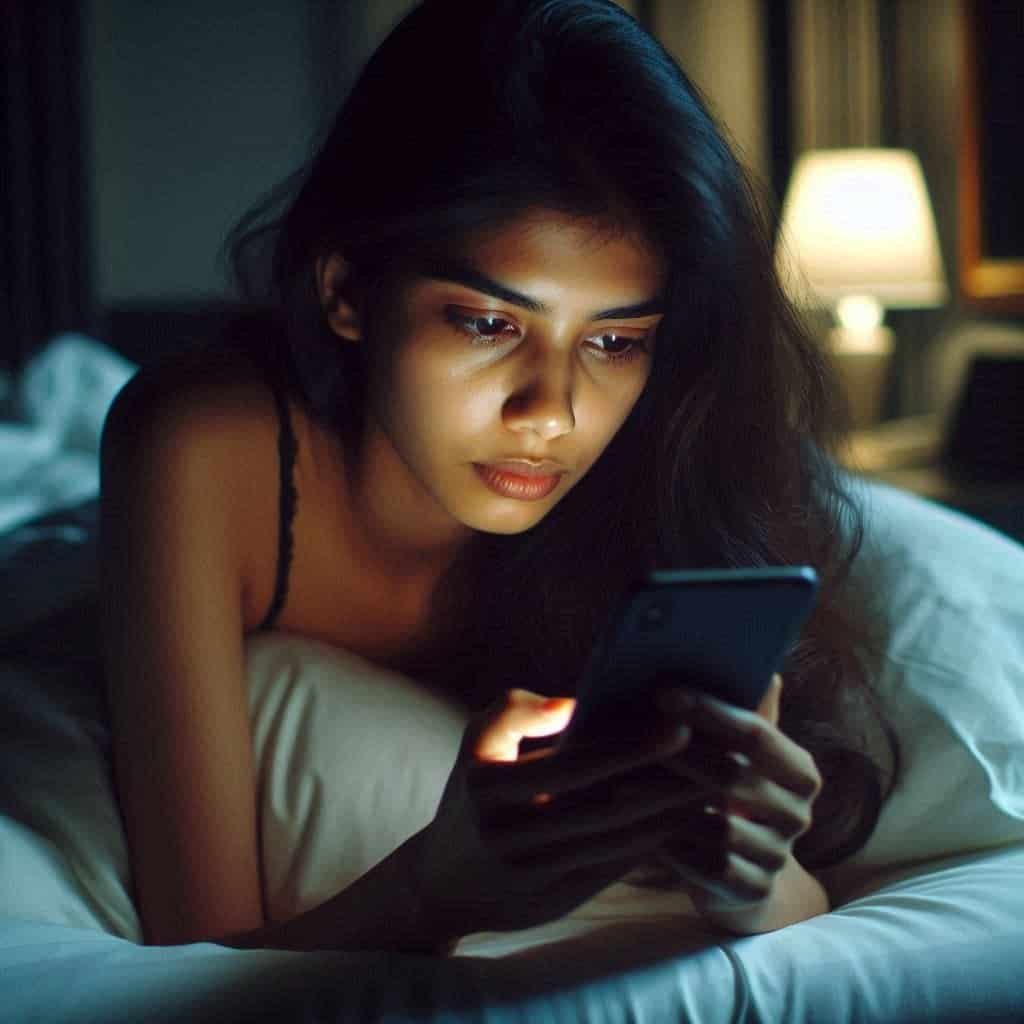Edward Vega of Vox highlighted the detrimental impact that screens on electronic devices can have on the production of melatonin and the disturbance of circadian rhythms, thus affecting the quality of sleep. According to Vega’s findings, even using warmer screen settings like night mode may not be enough to counteract the negative effects of blue light emitted by screens.
He interviewed Rohan Nagare, a research expert who delved into the relationship between device screens and sleep patterns. Nagare explained how melatonin, a crucial hormone for regulating sleep and wake cycles, acts as an internal timekeeper in the body. When exposed to bright light, such as sunlight with a blue hue at around 5600 Kelvin, melatonin production is suppressed, keeping individuals awake and alert. Conversely, as the day progresses and light becomes warmer and dimmer, around 3000 Kelvin during sunset, melatonin production is stimulated, inducing sleepiness.

Additionally, Nagare shed light on how individuals can manipulate their body’s circadian rhythms to counterbalance the adverse effects of screen exposure. By increasing exposure to bright light, around 800 lux, in the morning following a night of heightened screen brightness, individuals can mitigate the disruption caused by screens in the evening. Nagare suggested that taking a sunny morning walk could help offset the circadian disruption caused by nighttime screen use. This strategy essentially tricks the body’s natural clock into readjusting to a more balanced light exposure, promoting better sleep patterns and overall well-being.
In essence, the discussion between Vega and Nagare underscores the importance of understanding how light, particularly from screens, influences our sleep and wake cycles. By being mindful of the impact of screen time on melatonin production and circadian rhythms, individuals can adopt strategies to optimize their sleep quality and overall health. It is crucial to strike a balance between screen use and exposure to natural light to ensure a harmonious relationship with our body’s internal clock.





